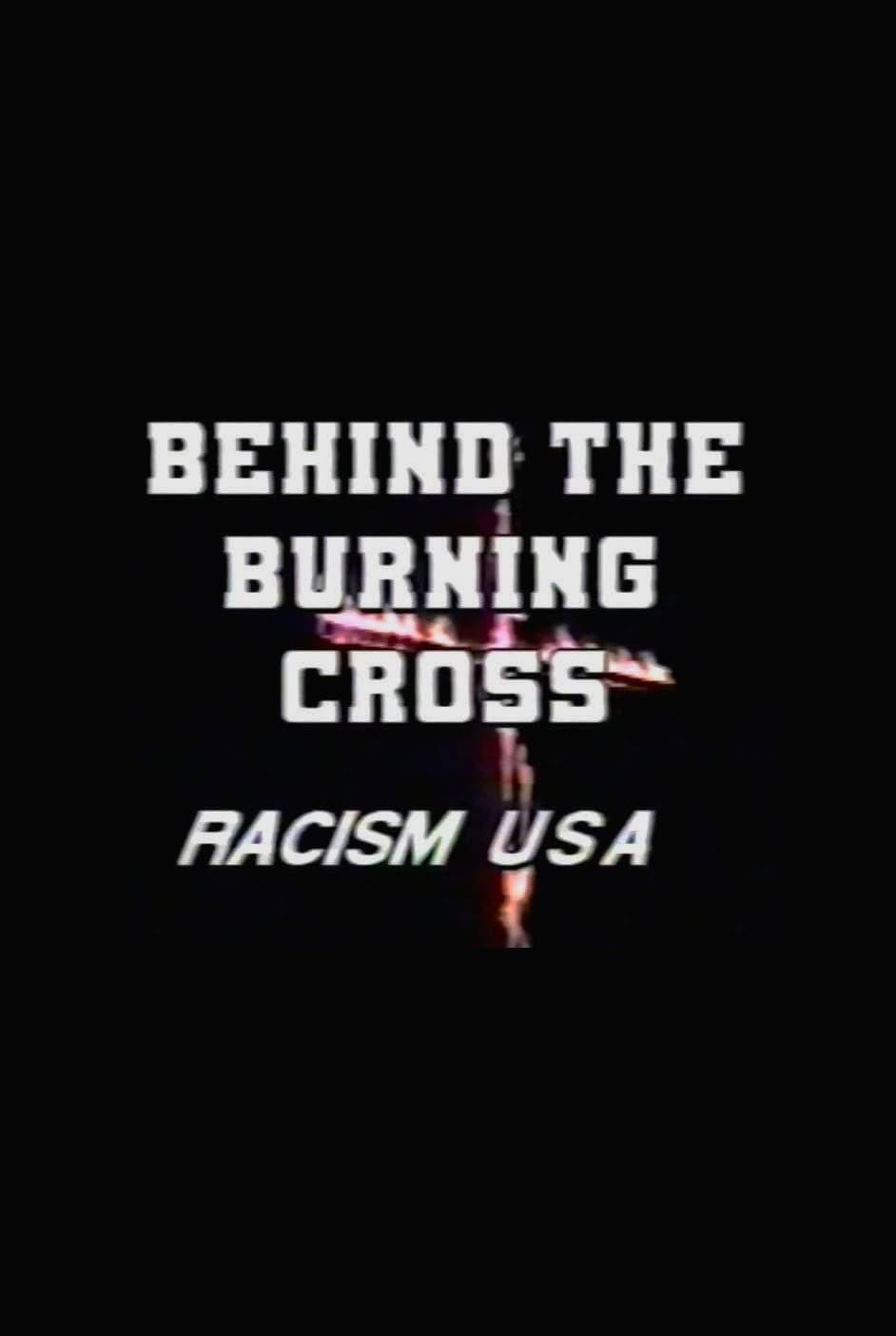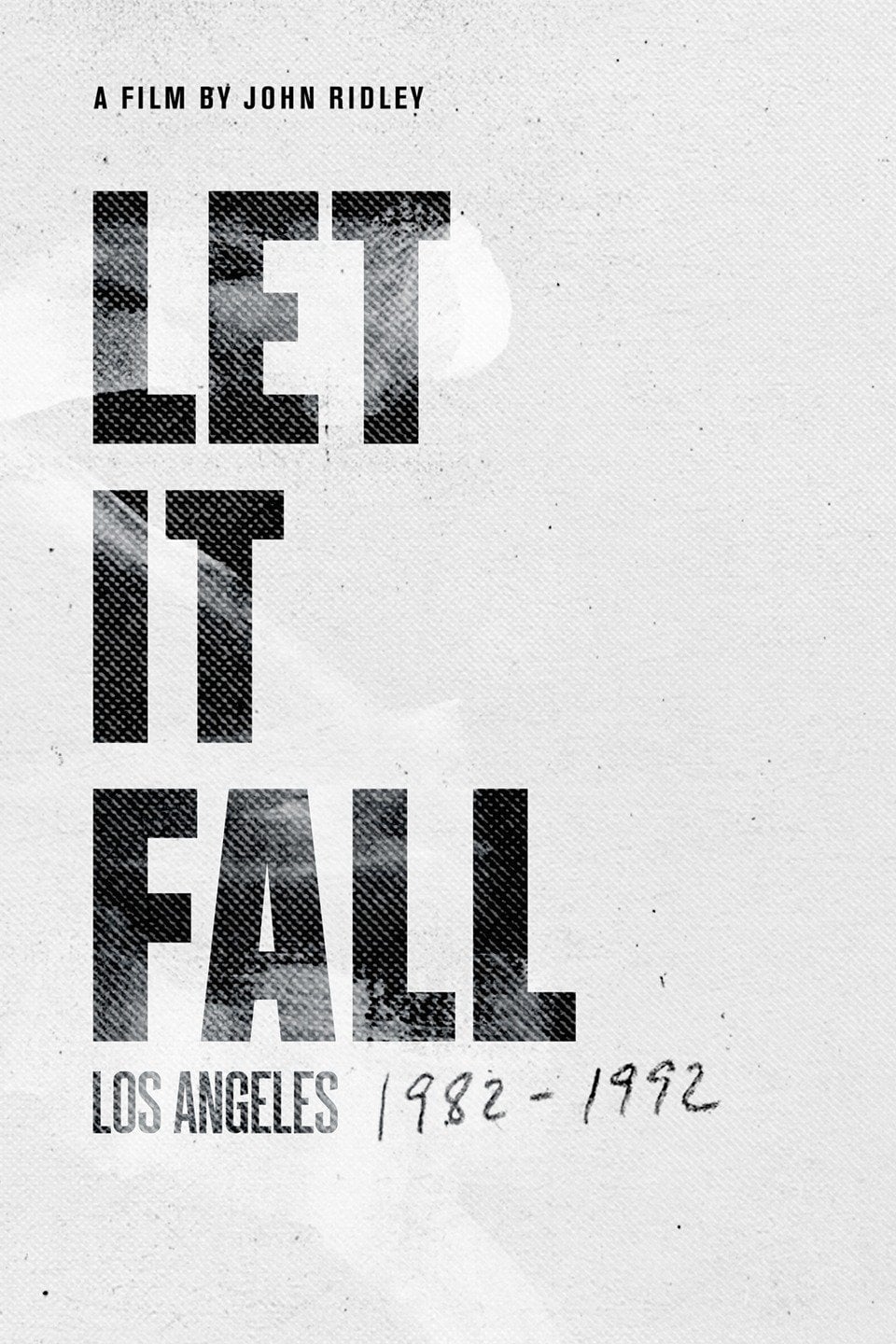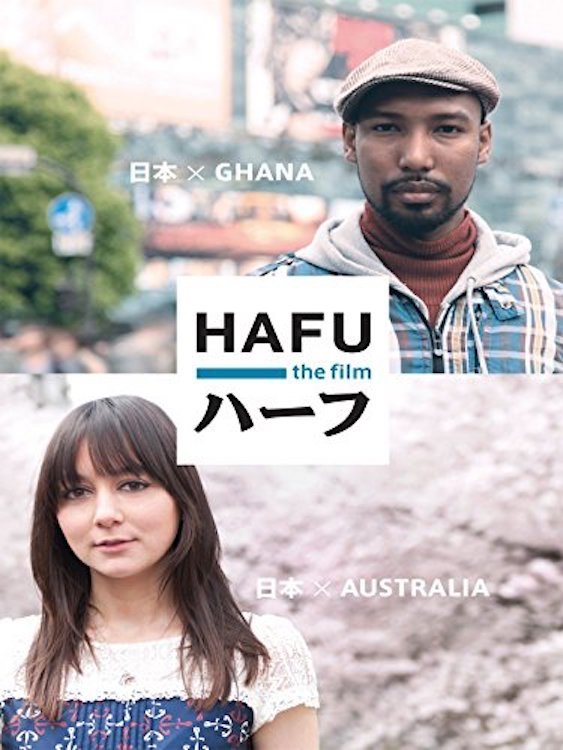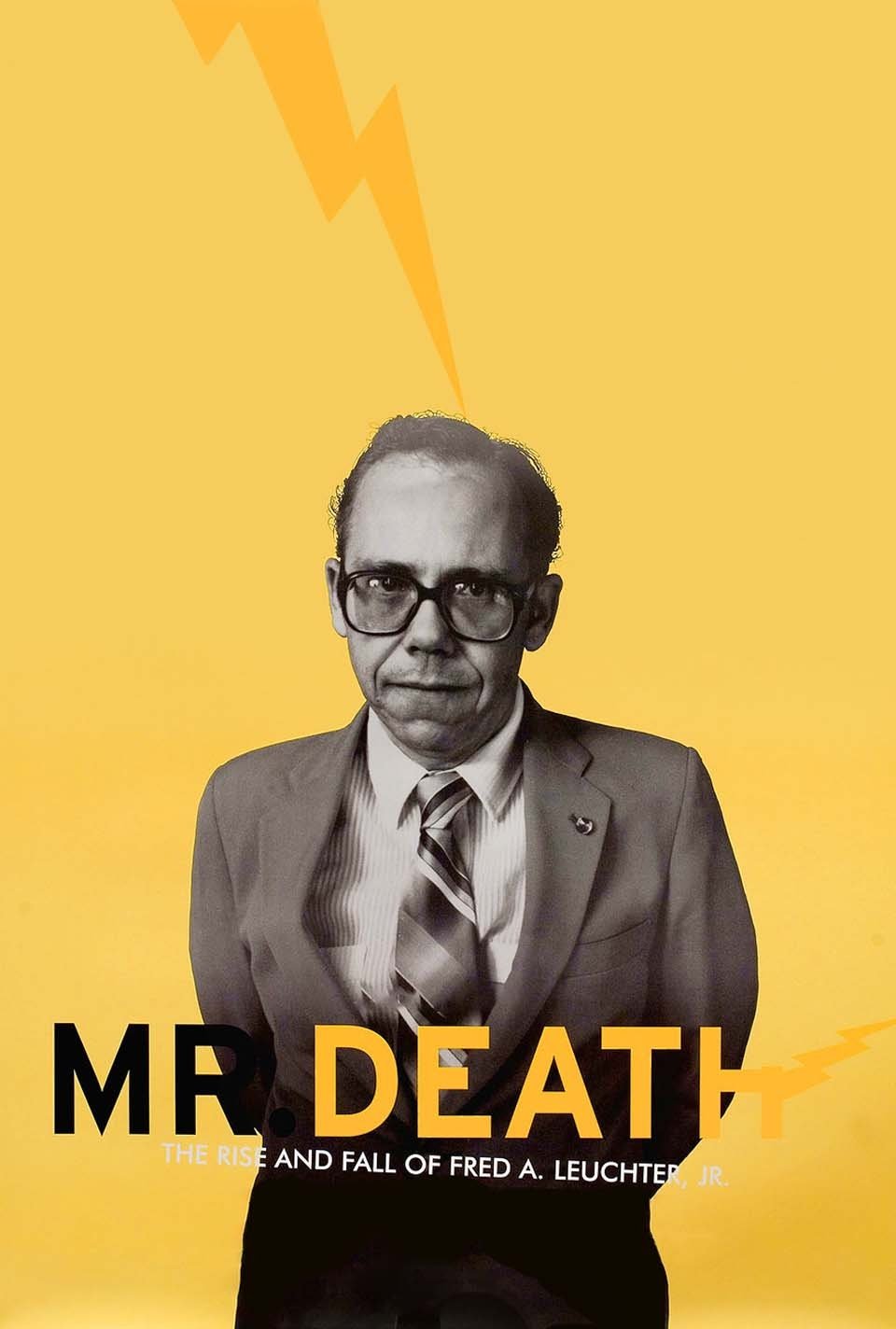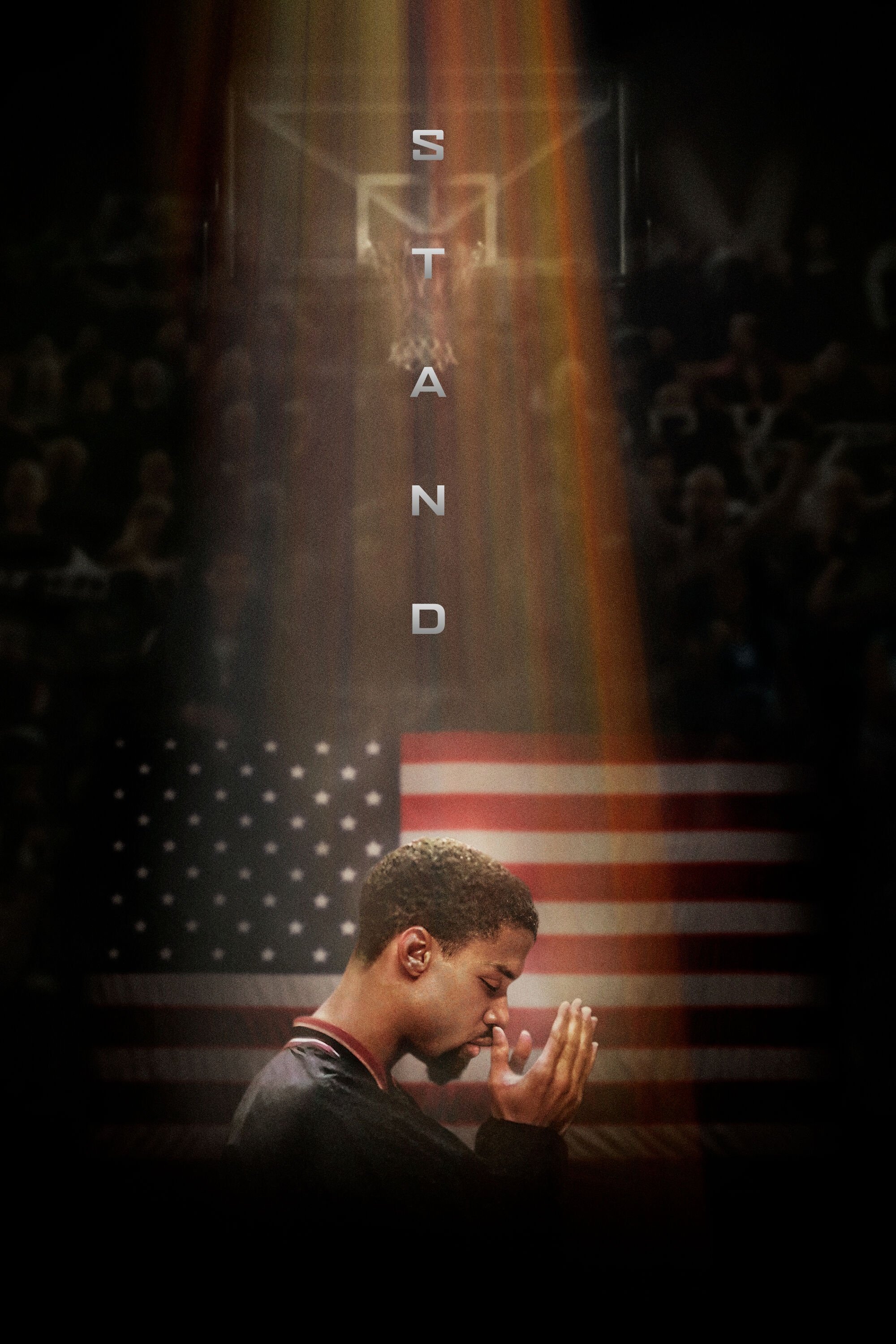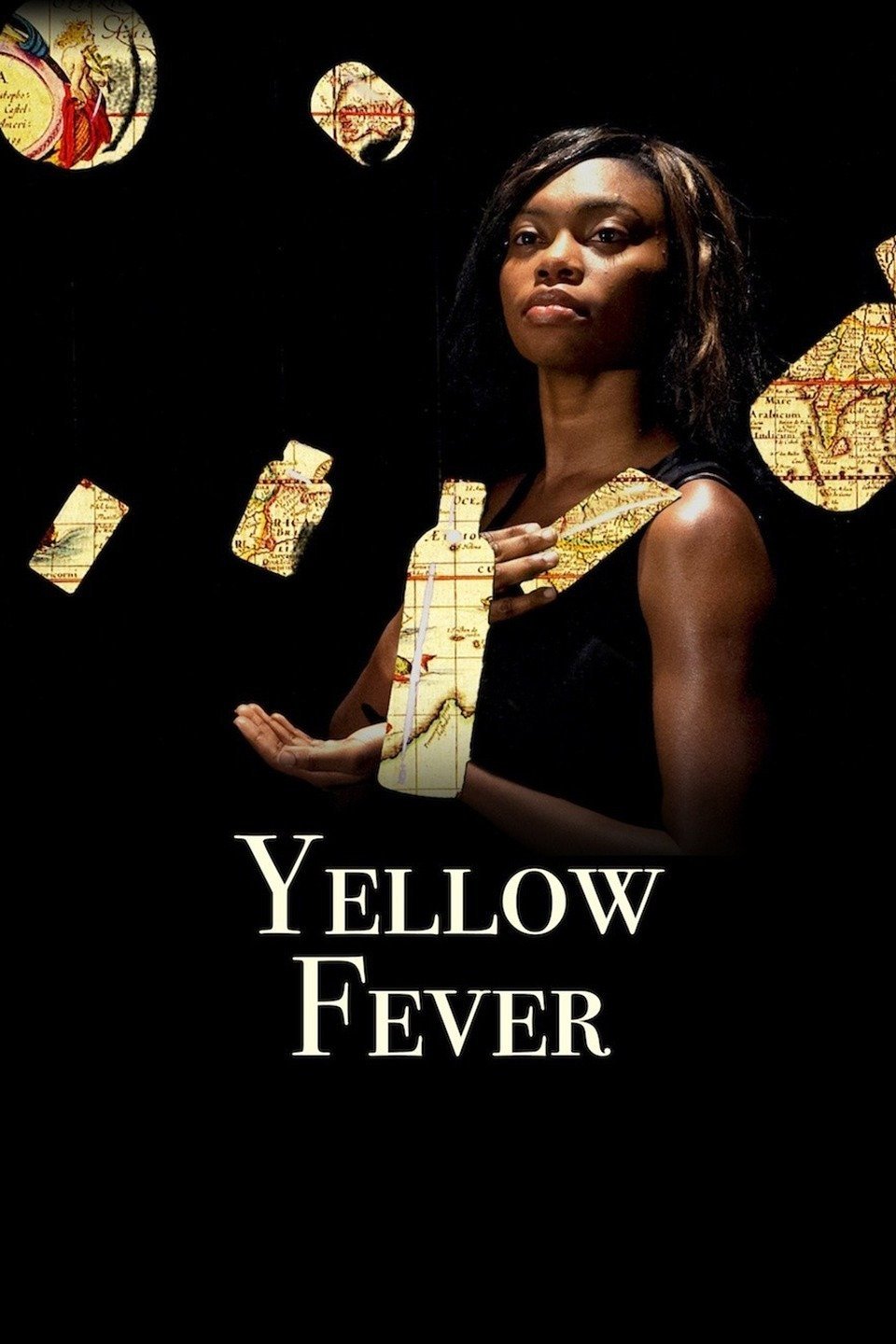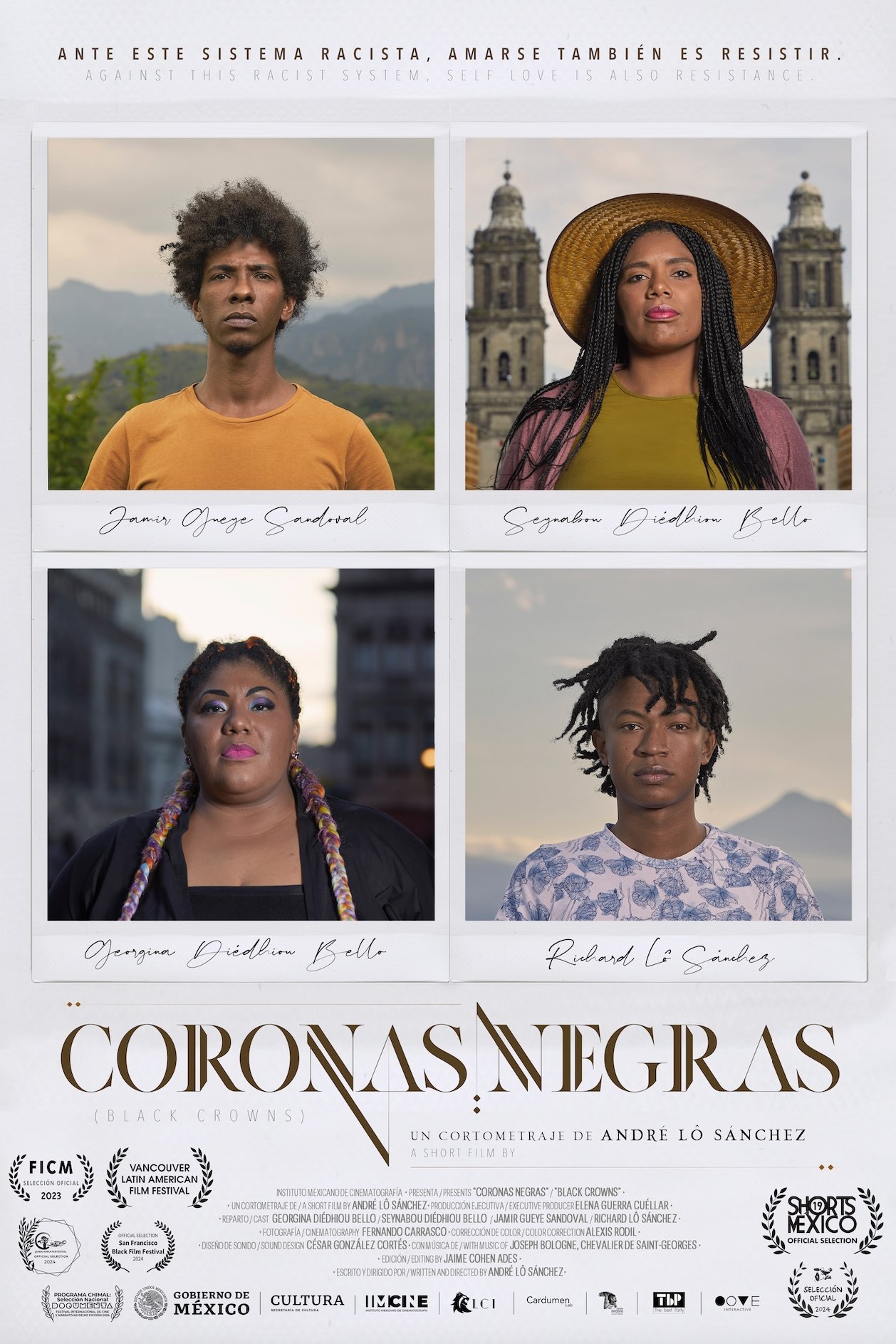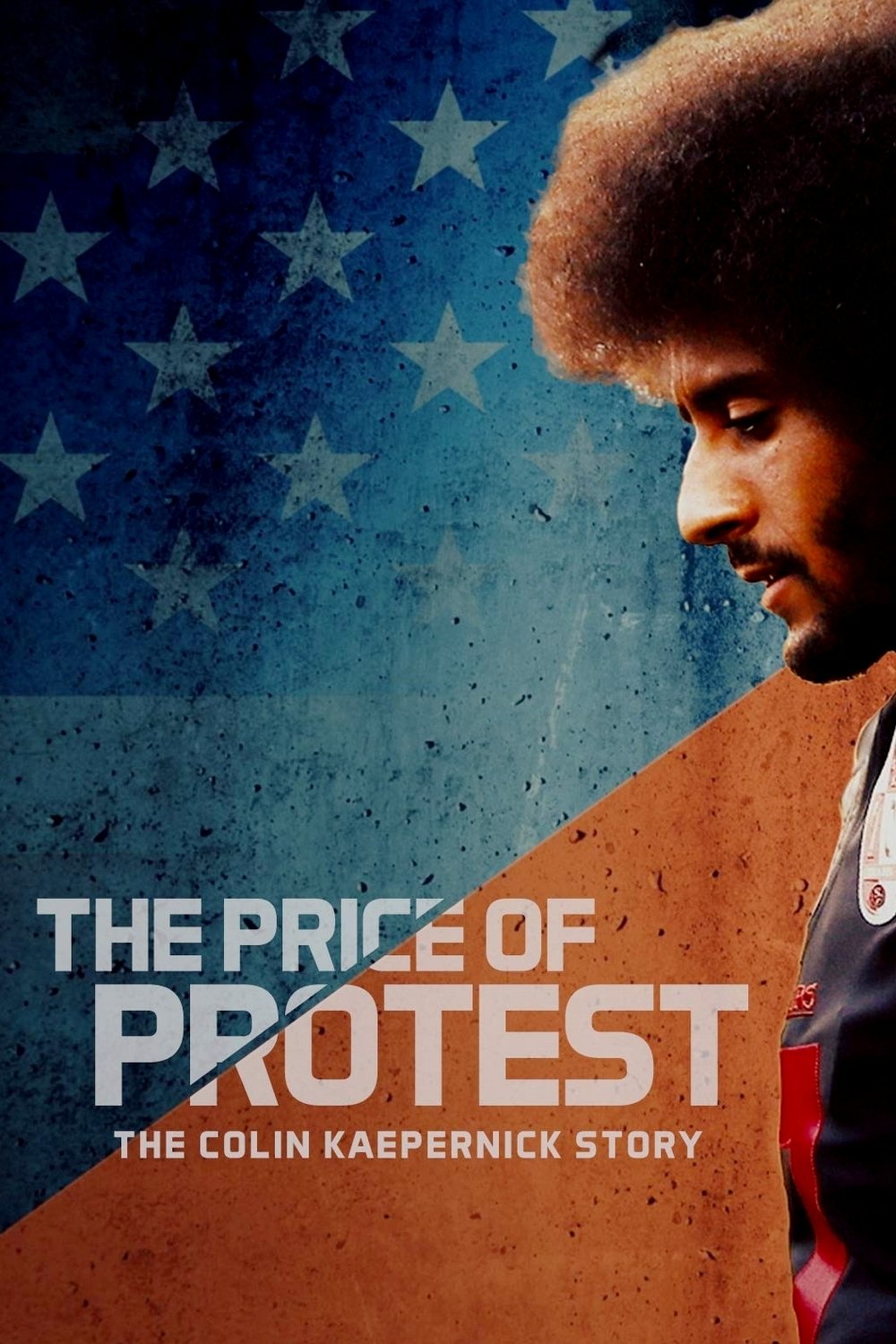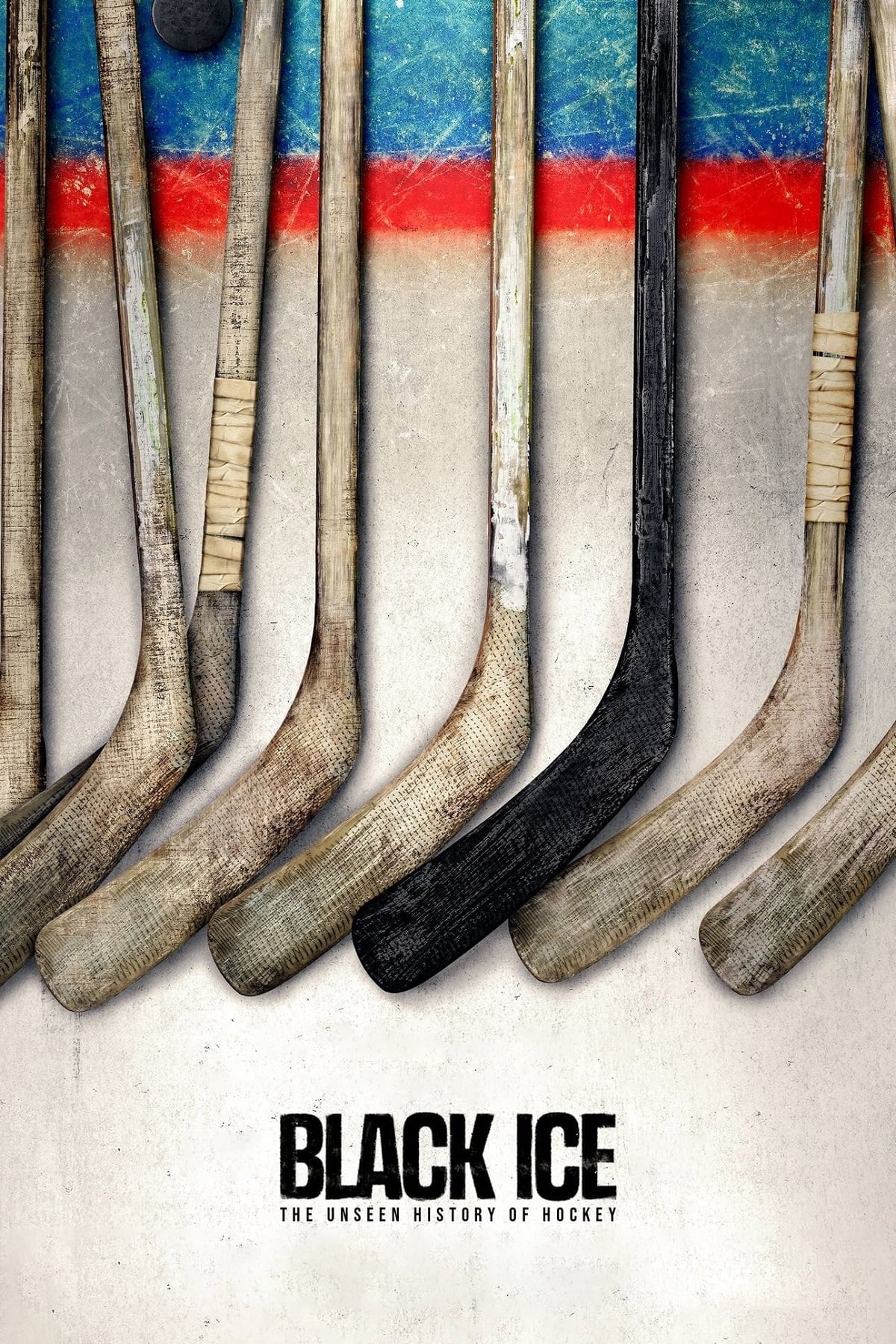Behind the Burning Cross: Racism USA
1991
0h 27m
0.0(0 votes)
Documentary
Overview
A key overview of twentieth-century American fascism and antifascism produced in 1991 by the John Brown Anti-Klan Committee.
Similar Movies
Recommended Movies

No Recommendations Yet
We're working on finding the perfect movies for you. Check back soon!
More movies coming soon
